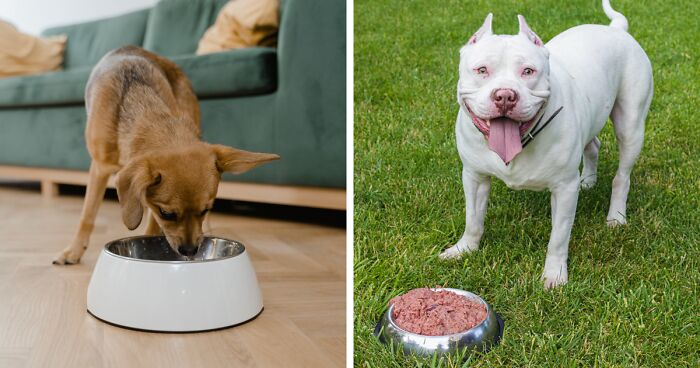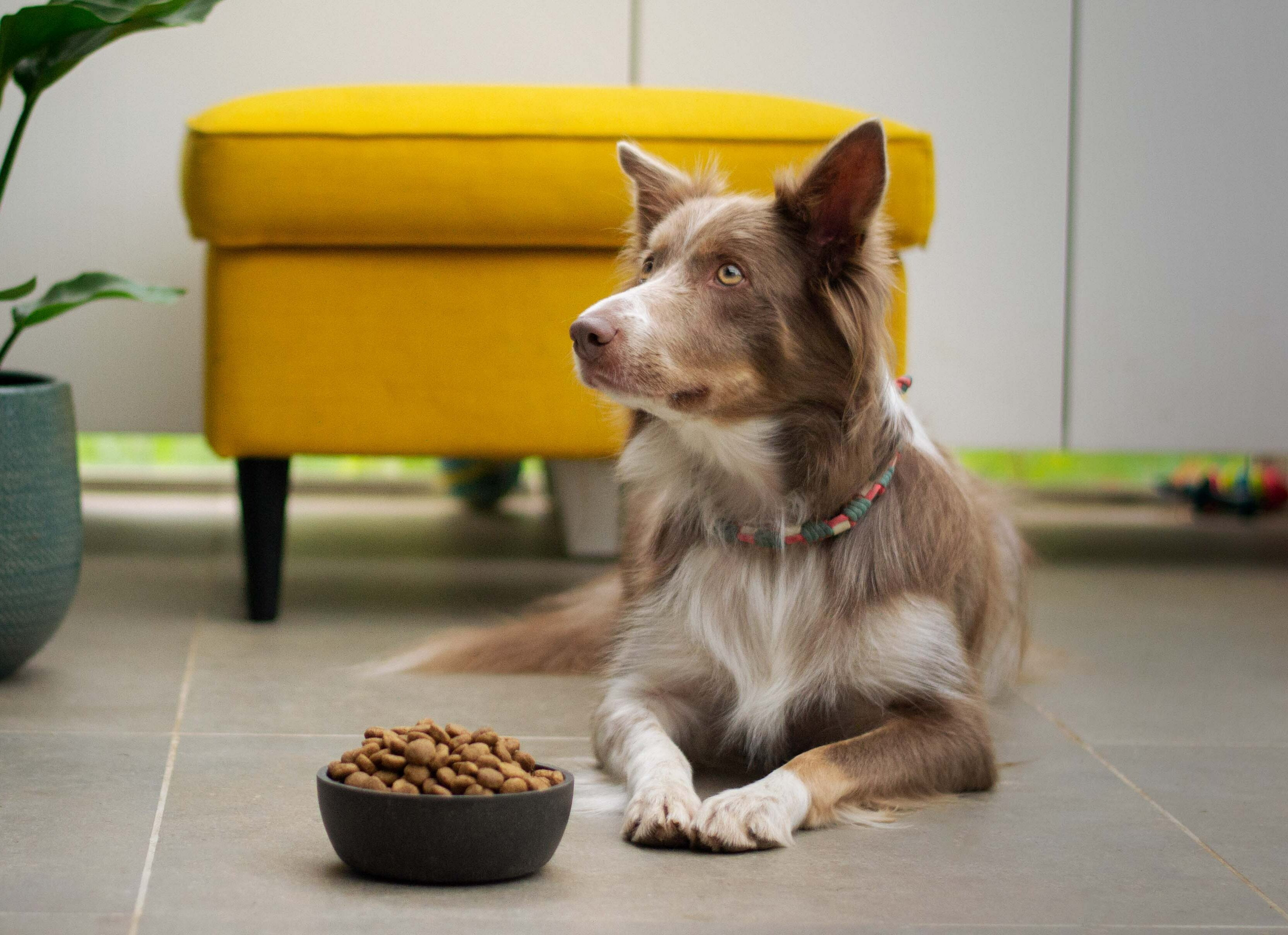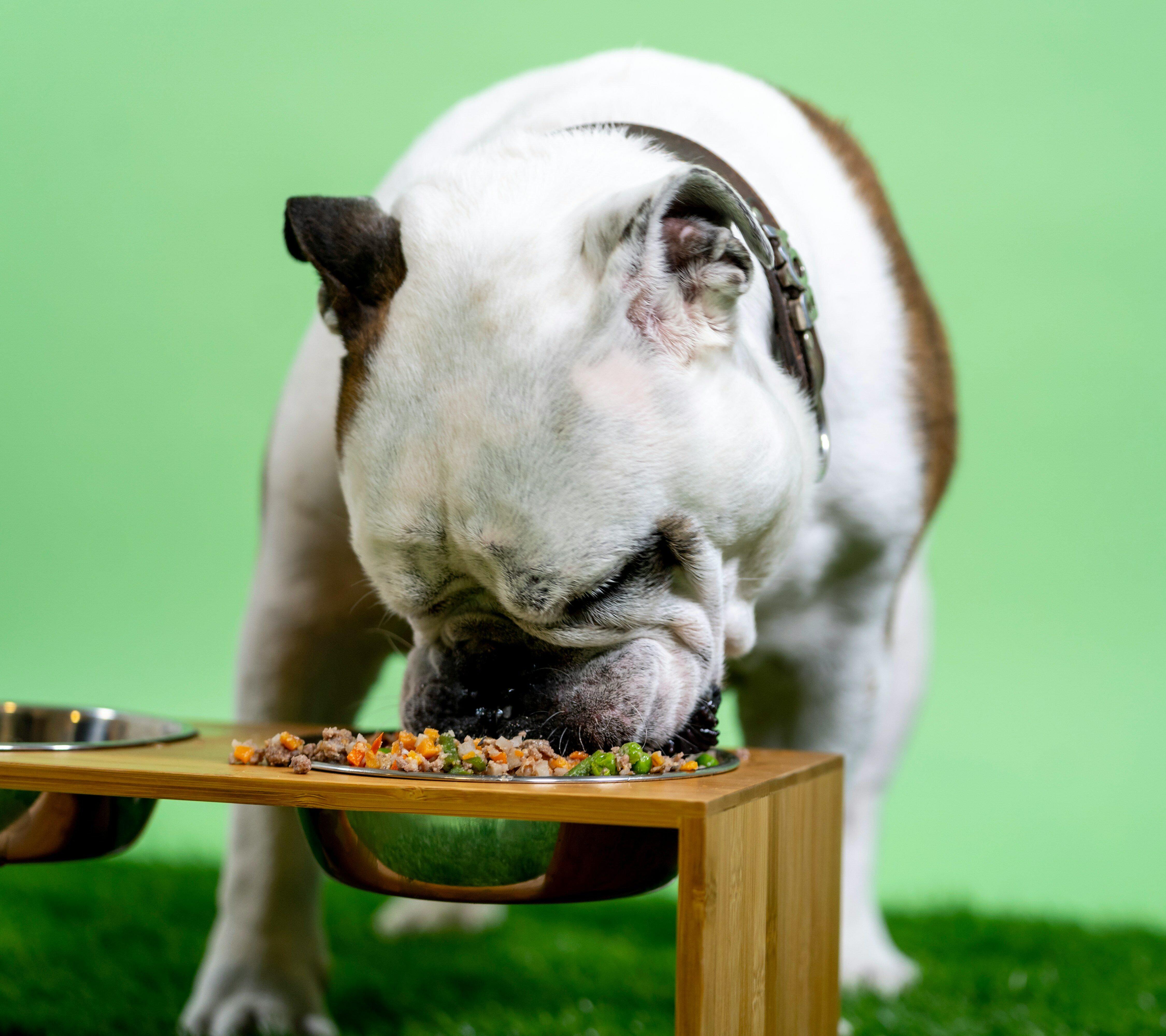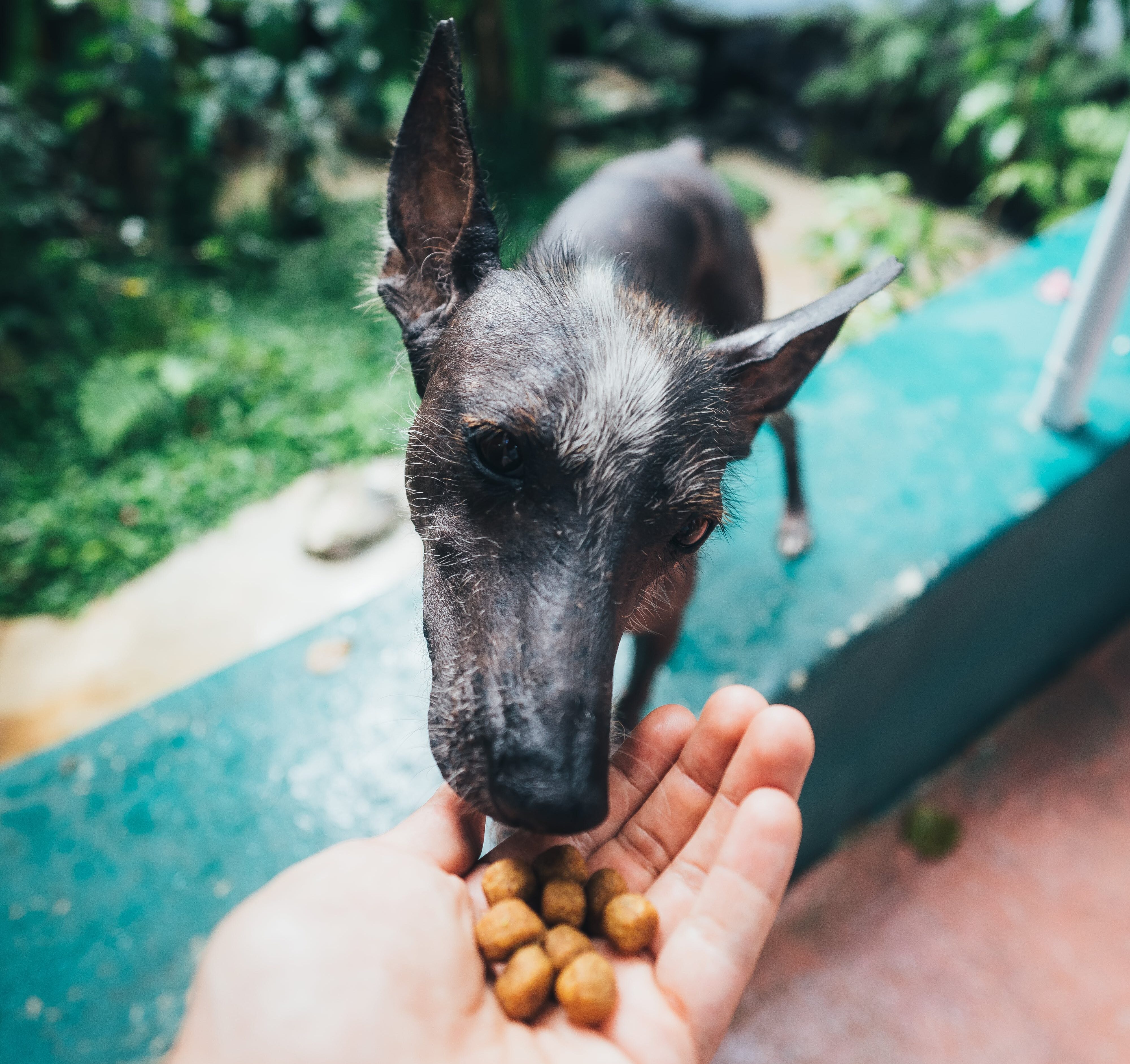As dedicated pet caregivers, our primary concern is the well-being of our beloved four-legged companions, and a crucial aspect of their welfare is their nutrition.
Much like humans, dogs have evolving tastes over time, prompting the question: Can dogs grow weary of consuming the same food daily?
The answer is a resounding yes, and comprehending the reasons behind their changing food preferences is vital for meeting their nutritional needs while ensuring mealtime remains enjoyable.
- Dogs can get bored of eating the same food daily due to taste and sensory changes.
- Nutritional needs vary with a dog's age, affecting their food preferences.
- Food quality and freshness impact a dog's interest in their meals over time.
- A monotonous diet can lead to malnutrition and decreased appetite in dogs.
- Varied diet strategies include rotating foods and using interactive feeding toys.
Image credits: Ayla Verschueren.
Despite dogs often adhering to routines, they can indeed experience food fatigue. While consistently feeding them the same food might appear convenient, it’s imperative to acknowledge that their culinary desires may not perpetually align with our convenience.
This exploration into canine dining preferences will consider factors such as sensory changes, evolving nutritional requirements, food quality, and freshness, shedding light on why dogs may suddenly lose interest in their meals.
By understanding and addressing your dog’s evolving tastes, you can ensure that mealtime remains an exciting and nourishing experience for your cherished companion.
The information provided herein is for informational purposes only. Please refer to our disclaimer for more details..
Reasons why dogs get bored of eating the same food every day – Do dogs suddenly dislike their food?
Dogs, much like humans, can experience a lack of enthusiasm for the same daily fare. This phenomenon is influenced by several factors. One primary factor is sensory changes in dogs.
As our canine friends age, their sense of smell and taste can evolve, impacting how they perceive the flavors and aromas of their food. What once delighted their senses may no longer hold the same appeal.
Nutritional needs also play a significant role in canine food preferences. Puppies, adults, and senior dogs have different requirements, and their palates may adjust accordingly.
For example, a senior dog may develop a preference for softer, more easily digestible food. It’s essential to pay attention to your dog’s age and life stage when considering their dietary preferences.
The Impact of Food Quality on Dog Nutrition
Image credits: Kabo.
The quality of the dog food you provide is another pivotal factor. Over time, changes in the manufacturer’s formulation, ingredient quality, or freshness can influence your dog’s interest in their meals.
Always select high-quality, nutritionally complete dog food, and monitor your dog’s response to ensure their enjoyment and overall health.
Potential Consequences of an Unvaried Diet
If your dog consistently eats the same food day in and day out, they may face various consequences. First, they might become malnourished if their diet lacks essential nutrients, particularly if their nutritional needs change with age or activity level.
Furthermore, food boredom can lead to decreased appetite, causing dogs to eat less than they should, which could result in weight loss and other health issues.
Practical Strategies to Keep Dogs Engaged with Their Meals
Image credits: Ricky Esquivel.
To prevent your canine companion from getting bored of their food, there are several strategies you can employ. One effective approach is to rotate between different flavors and formulas within the same brand of dog food. Try adding new flavors and new smells and fresh ingredients in the dog’s diet next mealtime. This introduces variety while ensuring consistent quality and balanced nutrition.
Additionally, consider incorporating healthy, dog-safe human foods in small amounts, such as lean meats (fish or lamb), beef bone, broth, vegetables, fruits, and human-grade recipes to diversify their diet. Whatever the reason your dog refuses to eat its old food, avoid giving it table scraps.
Interactive feeding toys and food puzzles can also turn mealtime into a mentally stimulating activity. Dogs enjoy the challenge of working for their food, which can reignite their interest in meals.
In conclusion, dogs can indeed get bored eating the same food every day, and understanding the underlying factors is crucial to maintaining their health and happiness. By making informed choices and applying strategies to keep mealtimes engaging, you can ensure that your furry friend looks forward to each portion of their regular food.
FAQs
Can I feed my dogs the same food?
In short, yes. Many commercial dog foods are designed to meet all of your dog’s essential nutritional requirements. However, some dogs may develop food preferences or become bored with a consistent diet, just as humans might.
However, feeding your dog the same protein source regularly can result in dietary sensitivities and intolerances. You can reduce the likelihood of your dog acquiring food allergies by rotating protein sources and natural ingredients. If you notice any changes in your dog’s food habits it is best to address this concern with a veterinarian nutritionist.
Why won’t my dog eat his food but will eat treats?
Dogs might refuse dry kibble or wet food due to a preference for the texture of their food or if they’ve grown genuinely bored with it. Treats often have a different texture and are seen as more exciting.
However, it’s crucial to ensure their regular food is nutritionally balanced. If your dog consistently rejects meals but consumes treats, consult a vet to check your dog for any underlying health issues, such as dental disease, and discuss appropriate dietary adjustments.
336views
Share on Facebook
 Dark Mode
Dark Mode 

 No fees, cancel anytime
No fees, cancel anytime 

















































5
1